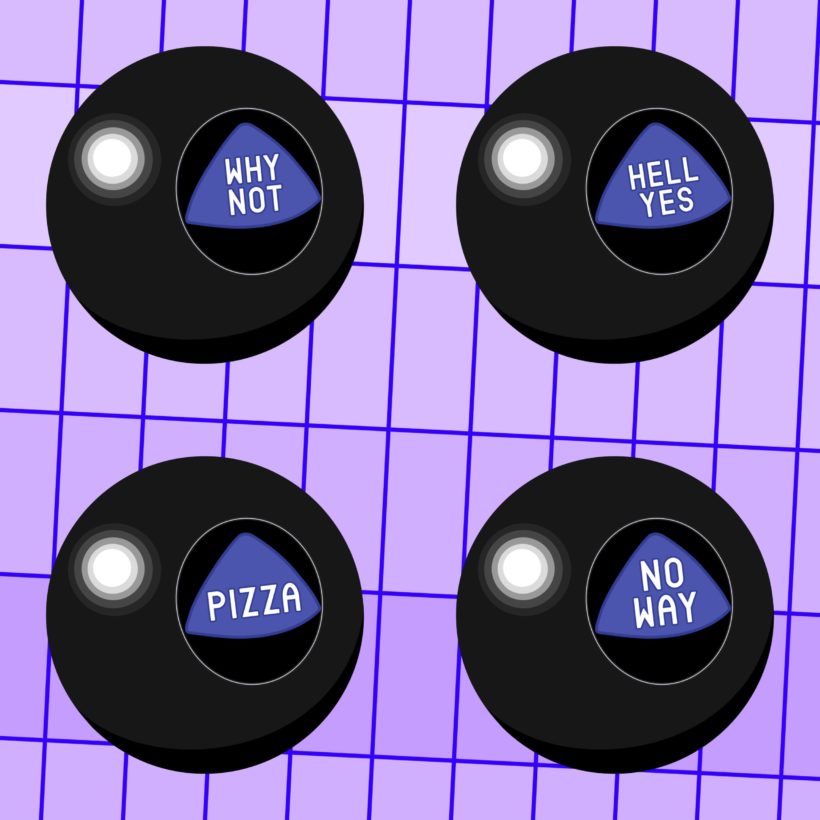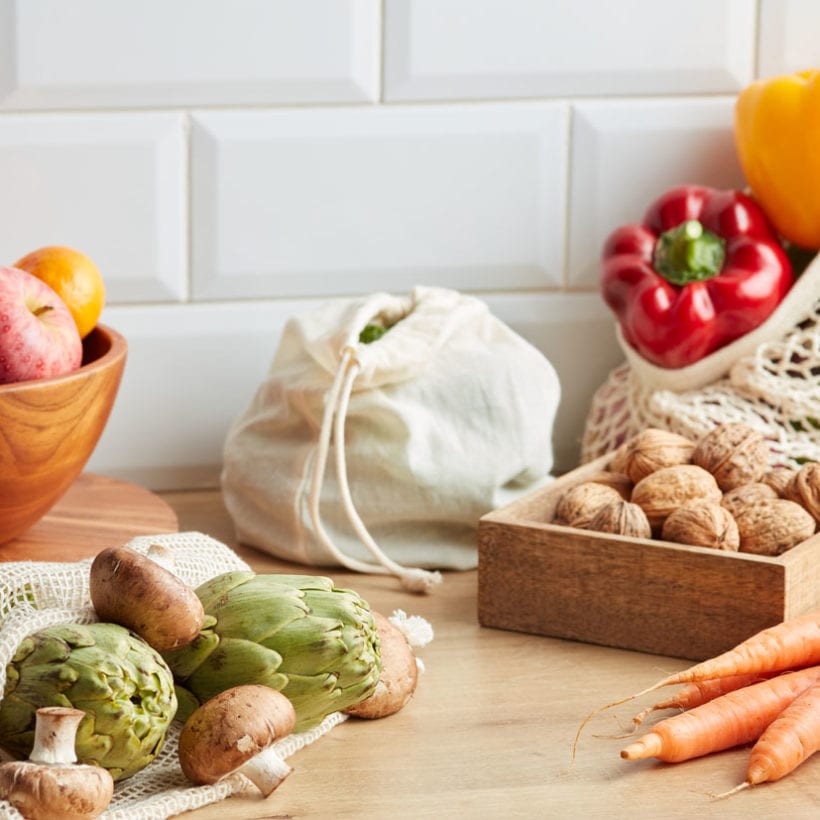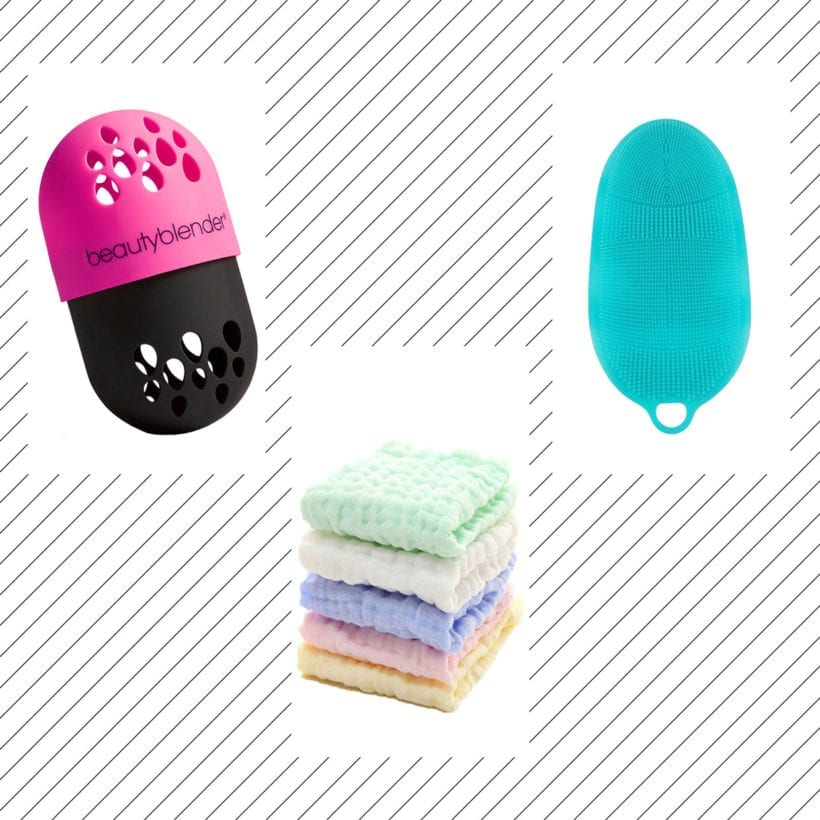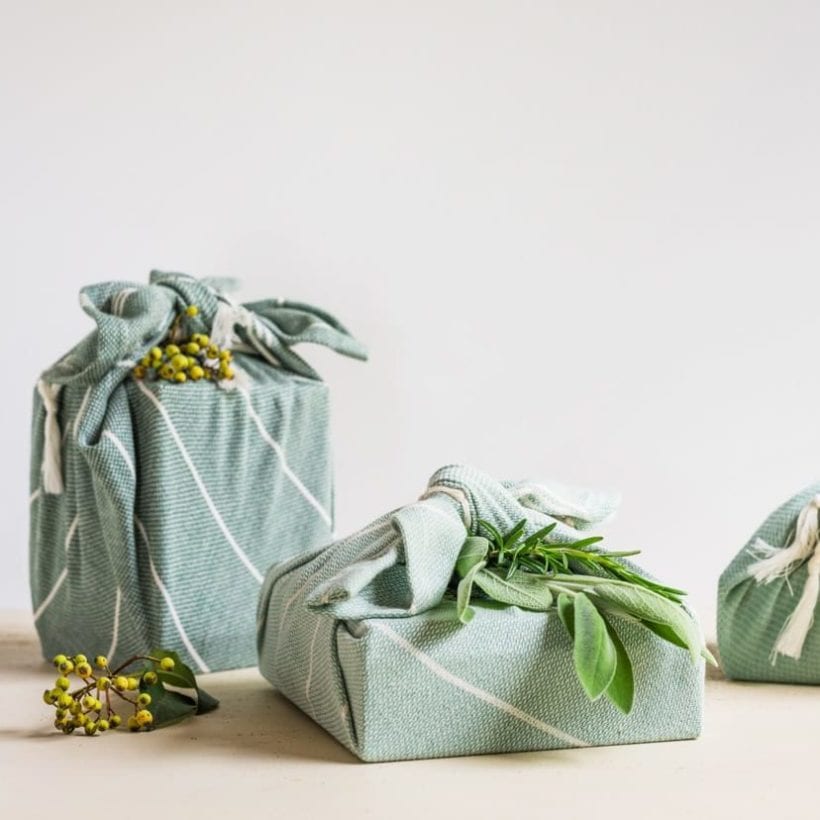Have you ever thought about how much trash you produce? The empty tube of toothpaste you tossed in the morning, the cotton round you used to apply your toner, your leftovers from breakfast, the takeout coffee cup you couldn’t find a recycling bin for, the packaging from your lunch, the empty shampoo bottle you finished during your evening shower. According to the Environmental Protection Agency, the average person produces nearly 4.5 pounds of trash every single day — that’s over half a ton of your garbage that ends up in a landfill every year.
The zero-waste lifestyle is rapidly gaining followers as the antidote to all that trash. Led by influencers with enviably sustainable Instagram accounts filled with chic reusable packaging, bulk shopping tips, and a year’s worth of trash that can proudly fit in a single Mason jar. It’s #goals-worthy — and also intimidating. “You go on Instagram and you’ll see people with perfect kitchens and a tiny amount of trash and that is very overwhelming and not very accessible,” says Shannon Kenny, a sustainability consultant and the woman behind Mama Eco.
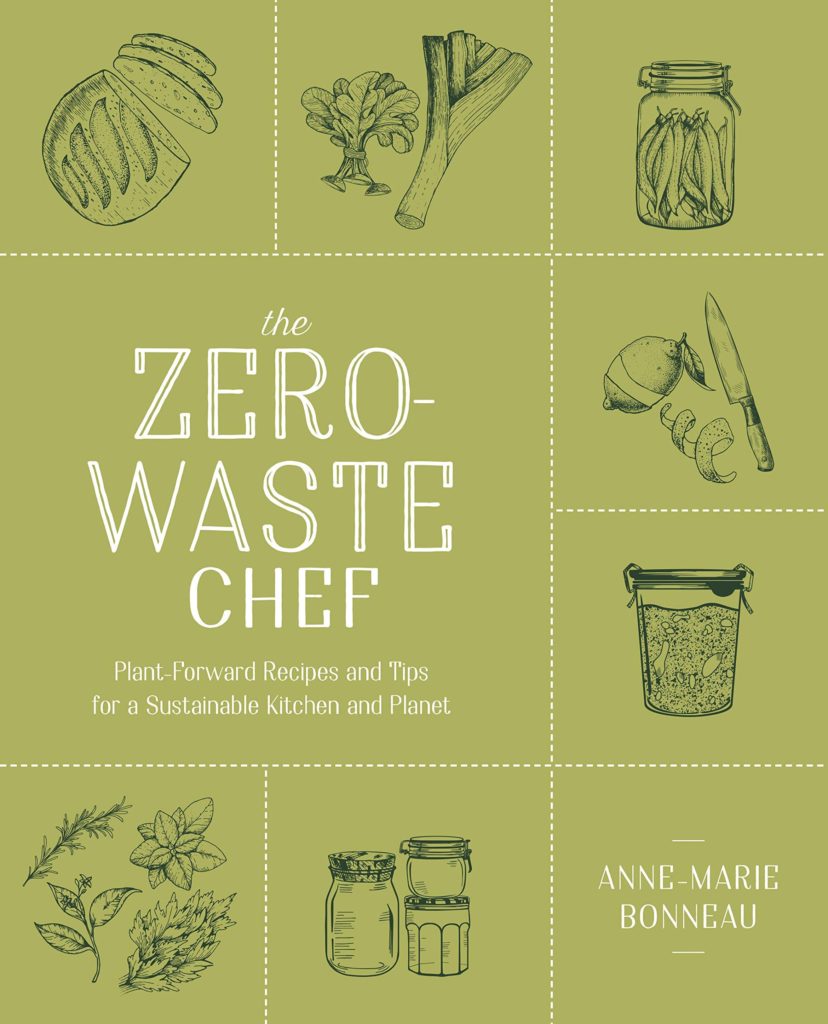
But reducing your waste doesn’t have to be all or nothing, Kenny stresses. “Focus on progress and not perfection —this is a lifestyle change, not an overnight thing,” she says. “It’s about trying to make more mindful decisions.”
Anne-Marie Bonneau, author of The Zero-Waste Chef seconds that. “I know people get intimidated by that ‘zero’ in zero-waste, but it’s important to focus on the big things you can do like stop buying bottled water,” she says. “If everyone stopped doing just that, we’d be a lot better off.”
We asked Kenny and Bonneau for their favorite ways to start reducing your waste.
-
Replace your disposables with reusables
The easiest way to start? Invest in reusable items. You can buy cute tote bags to take on your grocery or farmers market run, cloth napkins to replace paper, glass water bottles and reusable coffee cups, reusable silicone food storage baggies to replace the plastic ones, beeswax wraps to replace annoying plastic wrap, and even reusable silicone baking mats to replace tin foil or parchment paper. “You’re really not even sacrificing anything — it’s literally just, ‘I’m gonna buy this instead of this,’” says Kenny.
-
But first, use what you have
“A lot of people think, ‘I have a bunch of plastic in my house, I have to throw all that out and buy eco-friendly alternatives,’” says Kenny. But throwing out unused items is the opposite of sustainable — always use what you have first. “Once that existing supply is gone, then you can start to look for more sustainable alternatives that are harmful to the planet and can be reused infinitely,” Kenny says.
-
Upgrade your medicine cabinet
Want to start even smaller? Make a couple of zero waste bathroom changes. One option: Swap your regular toothbrush for a bamboo brush. “Pretty much every toothbrush ever made in history still exists, because they’re not recyclable and they don’t break down,” Kenny explains. You can even buy bamboo brush heads for your electric toothbrush. “It’s a really easy, the flick of a switch kind of change,” Kenny says.
You can also replace your disposable cotton rounds or makeup-removing wipes with reusable microfiber options —a much more sustainable way to wash your face.
-
Make secondhand your first choice
Secondhand, thrift, and consignment stores have been around forever but thanks to the sustainability movement they’ve become not only more accessible but a chic way to shop. “There’s so much stuff out there. And especially now during COVID, people have cleared out so much stuff [to sell or donate],” says Bonneau. When you shop secondhand, “you save a small fortune, you help the local economy, and you keep all that stuff out of the landfill.” Try sites like The Real Real and Poshmark to find gently used (or even brand new with tags) items at a discount.
These are also great resources for when you’re ready to get rid of something. The average American produces 82 pounds of textile waste per year — to keep your old clothes out of landfills, consider reselling them, donating them to a secondhand shop like Goodwill or Salvation Army, or finding a charitable clothing donation box. It’s an easy action you can feel good about — and maybe even make a little extra cash doing.
-
Don’t forget food waste
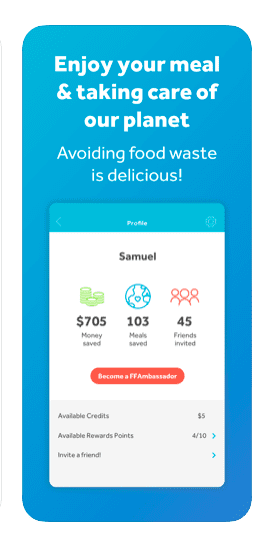
Going zero waste means aiming to send as little as possible to a landfill — and that includes food waste. “A lot of times we’re not really paying attention to food, we’re mostly thinking about packaging. But reducing food waste is one of the biggest solutions to climate change,” says Kenny. “When food waste goes to the landfill, it starts to break down and produce methane gas, which is a greenhouse gas, and a big contributor to climate change.”
Start with being mindful of the food you buy. Shop local when you can, look into farmers markets and local farm share boxes, and meal plan before you hit the grocery store so you don’t end up buying a bunch of food you won’t eat.
You can also try your hand at composting—“It’s really kind of fun and rewarding,” says Kenny. If you don’t have access to a backyard (or just can’t get on board with the idea of touching worms, which, fair) many cities offer compost drop off or even pick up services so all you have to do is save your food scraps.
-
Take it slow
“I usually try to tell people to focus on one thing at a time,” says Kenny. “If you try to overwhelm yourself with too many changes, it’s just too much and you’re going to give up and it’s not going to be sustainable.”
She recommends starting with one room of your house, like the bathroom, and making a couple of sustainable swaps there before moving on. You can also start with one lifestyle change — like committing to donating or reselling any clothes or household goods you decide to ditch during spring cleaning. “We decided to focus on the kitchen first and one of the first things we did was start shopping at the farmer’s market,” says Bonneau. “The food tastes really good and you help keep local farms in business.”
No matter what you do, take it slow. “When you learn about zero waste, it’s easy to get really excited and think, ‘Oh, I’m gonna make all these changes,’” says Kenny. “But it’s a transition.”
We only recommend products we have independently researched, tested, and loved. If you purchase a product found through our links, Sunday Edit may earn an affiliate commission.




